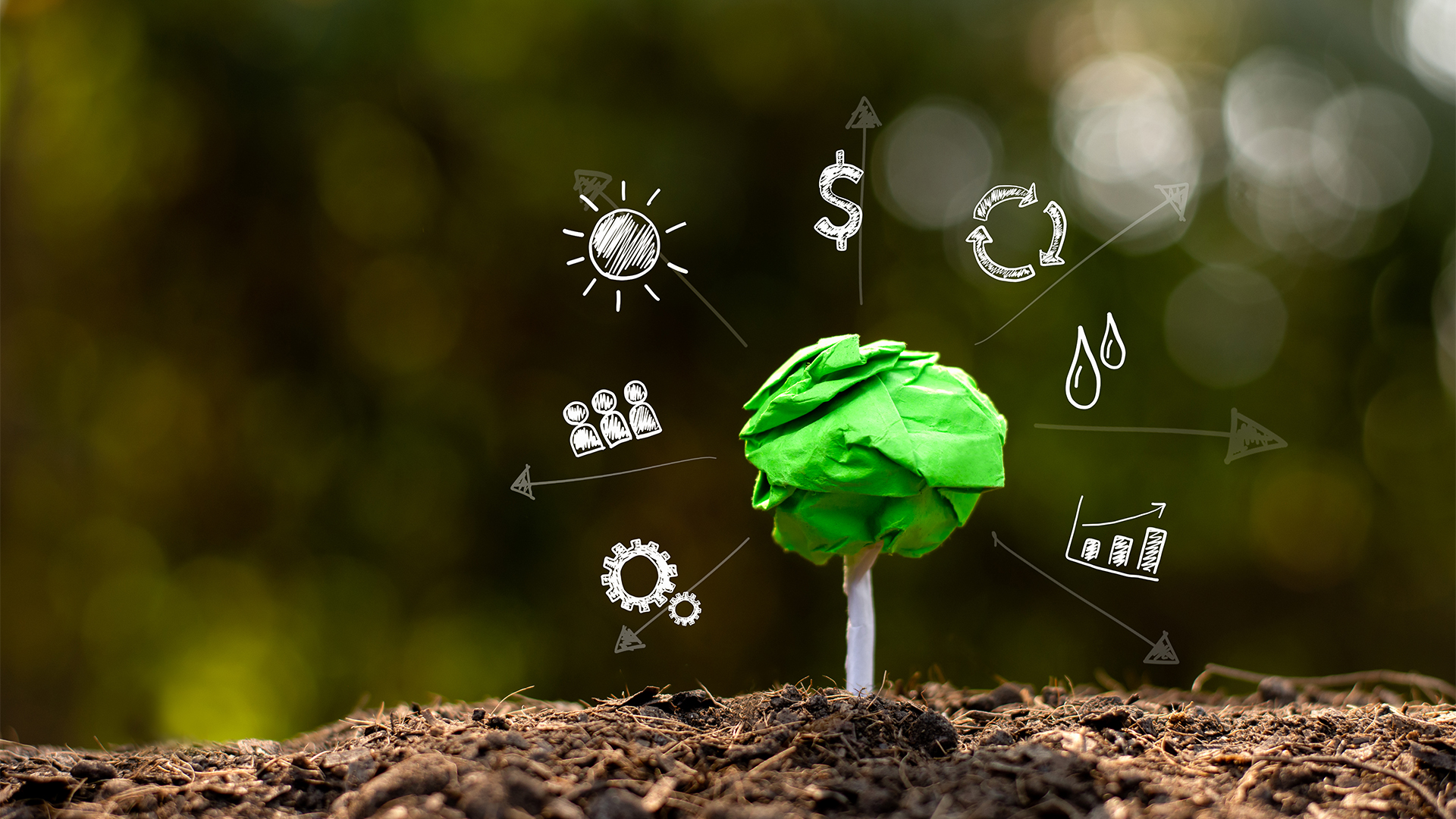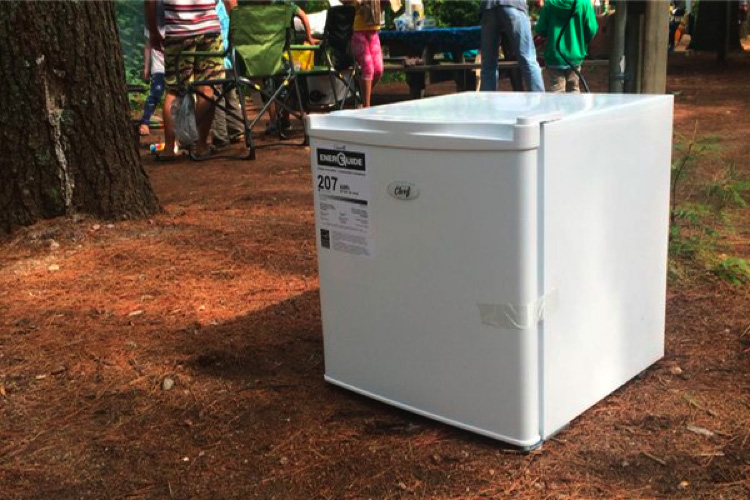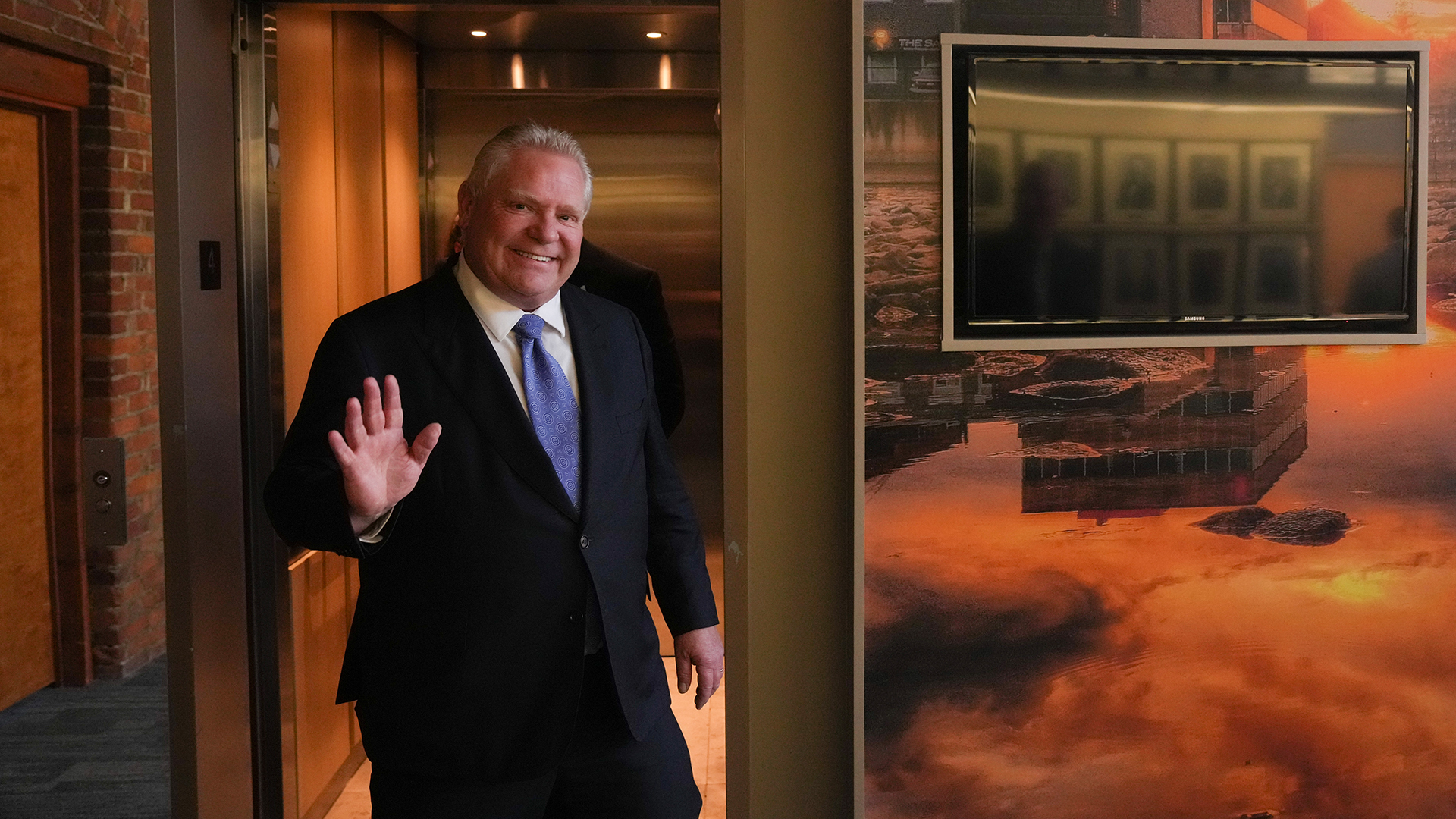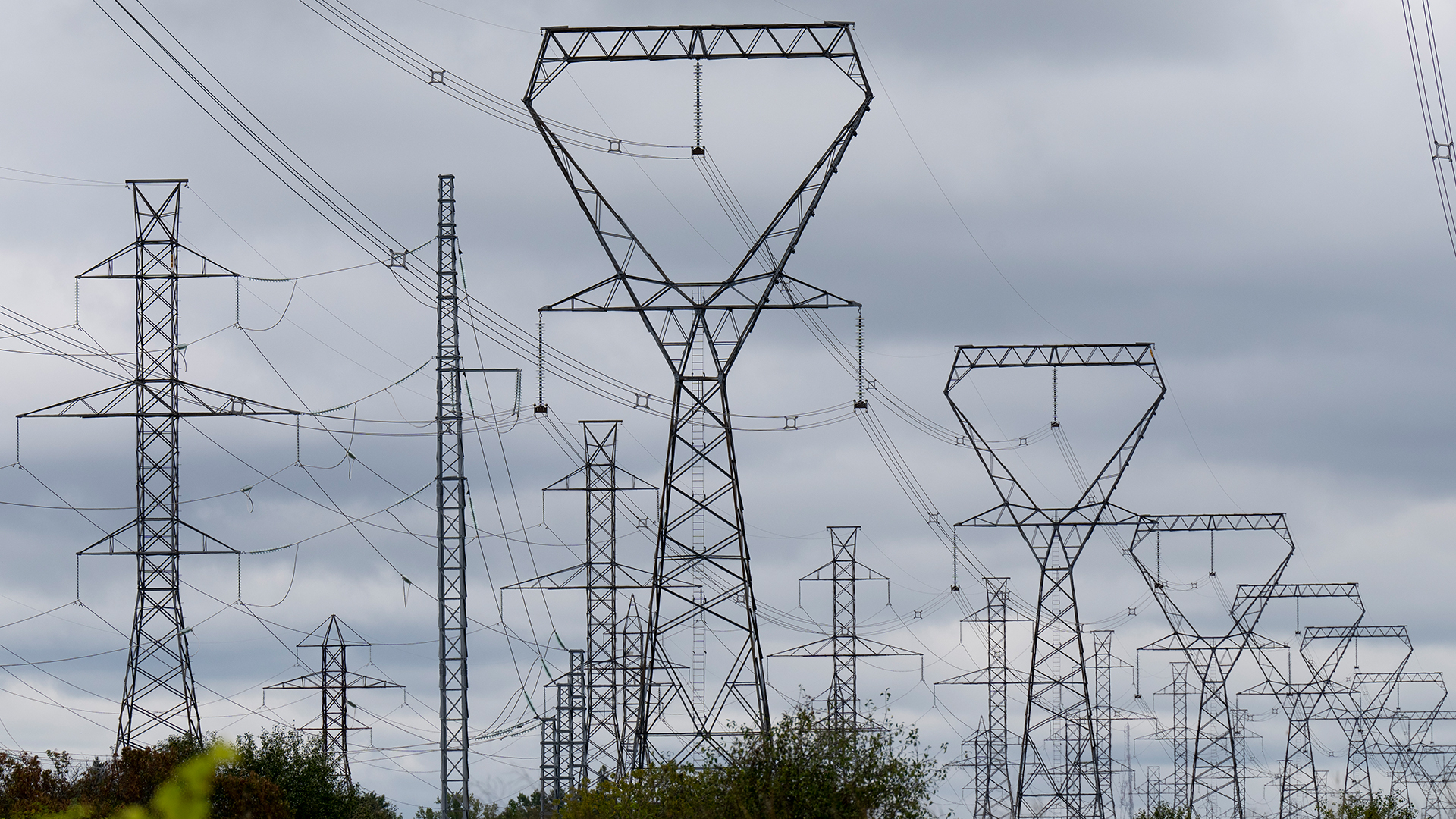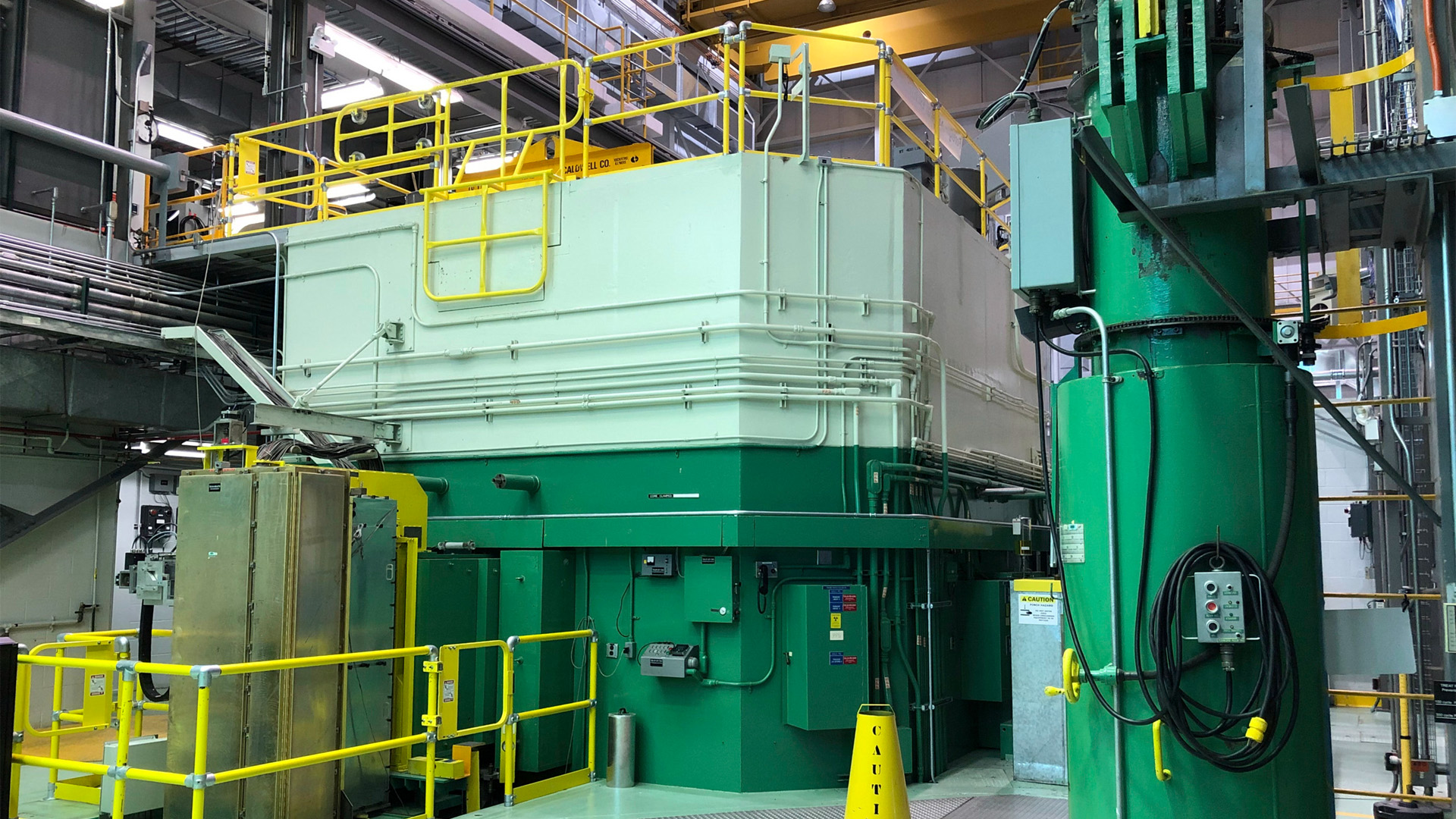
It seemed so novel to me 12 years ago when the cashier in a shop in Huskisson, Australia, told me she had no plastic bags. The town, where dolphins frolicked off shore, had decided to ban them. Residents were happily toting around the cloth carriers that eventually made their way into hall closets around the industrialized world.

It should tell us something that in 2016, the Mayor of Montreal’s promise to ban plastic bags by 2018 is somehow controversial.
For so many years in Canada, environmental policies geared towards consumer behaviour have been so gentle as to be more of a friendly suggestion than a nudge. Sorry, but would you mind, er, maybe not consuming so much, if it’s not too much trouble? There were the David Suzuki “Powerwise” commercials, the short-lived tax credit for renovations that make our houses more efficient, and programs that encourage us to buy better stoves and refrigerators.
As Canadians, we tend to like to believe we’re super environmentally friendly because we don’t run the dryer in the middle of the day, we don’t litter and we use our recycle bins properly.
But we know the truth – we’re energy pigs and we buy too much crap.
A guy at the tent site next to mine last summer hauled up a brand-new mini-fridge to cool his Heinekens.
Researchers with the Norwegian University of Science and Technology last year published a paper in the Journal of Industrial Ecology demonstrating how household consumption represented 65 percent of the world’s carbon footprint in 2007. As you might guess, households in wealthier countries contributed the most GHGs, through transportation, shelter and food. Canadians contributed 14.6 tonnes of carbon dioxide per capita, versus the global average of 3.4, the study found.
And yet, so far, public discussion in Canada following the Paris climate change talks has mostly revolved around reducing emissions from heavy emitters and the role of pipelines. In this special feature our contributors sort through some of the data and analyze the steps the government might want to take post-Paris.
But one thing is clear — politicians haven’t moved to rally Canadians around a discussion of their own consumption patterns, and how households can help fight climate change and promote sustainability.
On the real big stuff – cutting down on how much we use our cars, the kinds of cars we buy, the efficiency of our buildings, the excessively packaged food we eat, the amount of water we use, our gleeful use of air conditioning for the paltry two months that we need it – nobody seems to want to rock the boat.
Politicians have been timid about aggressively encouraging the purchase of electric cars and discouraging the purchase of gas guzzlers. It seems more socially unacceptable in Canada to forget your cloth bags at home than to own the SUV you’re loading groceries into. Check out the excise taxes levied on fuel-inefficent cars. If you want to buy a Lamborghini Aventador Roadster (22.7 litres per 100 kilometres of city driving), golly, you’ll have to tack on an extra $4,000 to the sticker price.
National Geographic’s 2014 Greendex report, which monitors “consumer progress toward environmentally sustainable consumption, said Canadians are “the most frequent solo drivers of cars and trucks, and are among the least frequent users of public transportation of the 18 groups surveyed.”
There is no social or regulatory pressure to cut down on the products we don’t need. It seems that more superfluous products are proliferating – think of the tyranny of the birthday loot bag and the Happy Meal toy (junk-drawer fillers), microbeads in our toothpaste, flushable bathroom wipes (the bane of municipal sewage systems), and coffee pods (guilty!).
The people who are most active in changing Canadian consumer culture are those at the most grassroots levels – schools that encourage a return to walking, cycling advocates who push for more lanes at city hall, the shopkeeper who unilaterally decides to stop giving out plastic bags, and farmers who talk to us about eating local.
Are Canadians ready to make some sacrifices in order to help Canada (and the world) fight climate change? A recent Ekos Politics poll commissioned by the CBC didn’t ask that precise question, but did get partly at the pocketbook issue. Of the more than 2,000 respondents, 76 percent agreed or somewhat agreed with the statement “Canada should do more to support the development of a clean energy and clean technology industry even if it results in an increase in energy costs.”
The federal government is currently consulting on a new Federal Sustainable Development Strategy, one that refers to encouraging “businesses and Canadians to take voluntary action to reduce GHG emissions.”
Legislators and policy-makers might find that Canadians are actually receptive, that they’ve been waiting for the chance to do more but they need that public nudge.
This article is part of the After Paris: Next Steps on Climate Change special feature.





